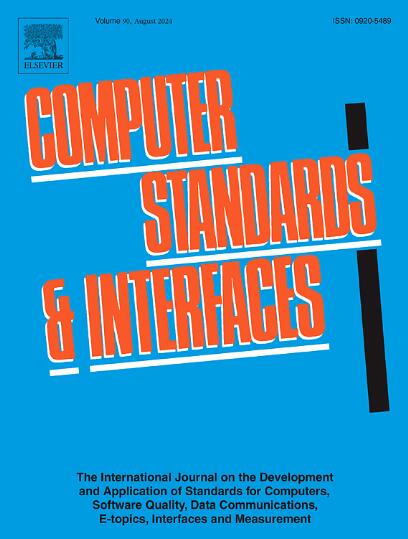FEMT-FL:在基于物联网的分布式绿色计算系统中使用联邦学习进行能源管理的一种新型灵活能源管理技术
IF 3.1
2区 计算机科学
Q1 COMPUTER SCIENCE, HARDWARE & ARCHITECTURE
引用次数: 0
摘要
绿色计算系统以可持续能源为基础进行服务管理和请求处理。物联网(Internet of Things, IoT)吸收了这样的计算系统,用于资源共享和服务分配。为了提供优化的能量平衡和有效利用可用能量,本研究提出了一种新的灵活的能量管理技术,使用联邦学习即(FEMT-FT)在计算物联网节点之间进行可靠的能量管理。等效能量管理过程验证请求处理的能量可用性,而可靠能量部分识别替换通信设备的终止间隔。为此,在所有请求处理和服务传播实例中确定计算设备的消耗和所需的能量水平。学习训练不同的能量平衡模型,以达到更好的服务传播率。在该方法中,区间终止和新区间分配是连续的,以最大限度地提高服务的传播和新请求的处理。对于不同的请求,该方法的服务分发率、节能率和请求处理率分别达到8.92%、12.31%和8.55%。本文章由计算机程序翻译,如有差异,请以英文原文为准。
FEMT-FL: A novel flexible energy management technique using federated learning for energy management in IoT-based distributed green computing systems
Green Computing systems bank on sustainable energy sources for service management and request processing. The Internet of Things (IoT) assimilates such computing systems for resource sharing and service distribution. For providing optimized energy balancing and effective utilization of available energy, this research paper proposes a novel flexible energy management technique using federated learning i.e., (FEMT-FT) for reliable energy management between the computing IoT nodes. The equivalent energy management process verifies the energy availability for request processing whereas the reliable energy part identifies the terminating interval to replace the communicating devices. For this purpose, the computing devices' draining and required energy levels are identified in all the request processing and service disseminating instances. The learning trains different energy balancing models that achieve a better service dissemination ratio. In this method, interval termination and new interval allocations are continuous to maximize service dissemination and novel request processing. For the varying requests, the proposed method achieves 8.92 %, 12.31 %, and 8.55 % high service dissemination, energy conservation, and request processing rate respectively.
求助全文
通过发布文献求助,成功后即可免费获取论文全文。
去求助
来源期刊

Computer Standards & Interfaces
工程技术-计算机:软件工程
CiteScore
11.90
自引率
16.00%
发文量
67
审稿时长
6 months
期刊介绍:
The quality of software, well-defined interfaces (hardware and software), the process of digitalisation, and accepted standards in these fields are essential for building and exploiting complex computing, communication, multimedia and measuring systems. Standards can simplify the design and construction of individual hardware and software components and help to ensure satisfactory interworking.
Computer Standards & Interfaces is an international journal dealing specifically with these topics.
The journal
• Provides information about activities and progress on the definition of computer standards, software quality, interfaces and methods, at national, European and international levels
• Publishes critical comments on standards and standards activities
• Disseminates user''s experiences and case studies in the application and exploitation of established or emerging standards, interfaces and methods
• Offers a forum for discussion on actual projects, standards, interfaces and methods by recognised experts
• Stimulates relevant research by providing a specialised refereed medium.
 求助内容:
求助内容: 应助结果提醒方式:
应助结果提醒方式:


